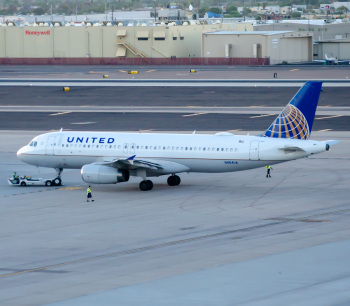Security experts warn that connecting to the Internet during a flight could jeopardize personal data. Inmarsat, a British satellite telecommunications company, reveals that 80% of people would opt for airline Wi-Fi on their next trip, with over 65% having used it in the past year. However, experts highlight the inadequacy of inflight hotspot security. The main danger is that hackers can steal your information. Your safety is in your hands. Below, we'll look at steps to help keep your connection secure during your flight.
How to secure your Wi-Fi connection on an airplane?
Experts warned about the potential risks of connecting to suspicious wireless networks, such as the one at the San Francisco airport named SFAIrport. Many people may not have the skills or mindset to question the legitimacy of such networks, which hackers could set up to capture users' data and gain unauthorized access to their devices.
Similarly, John Gunn, Vice President of Communications for VASCO Data Security, highlighted the threat of fake in-flight hotspots. Hackers can create open networks with names resembling those of airlines. They are tricking unsuspecting passengers into connecting and providing their login credentials. Once captured, the hackers can control users' accounts when the flight lands.
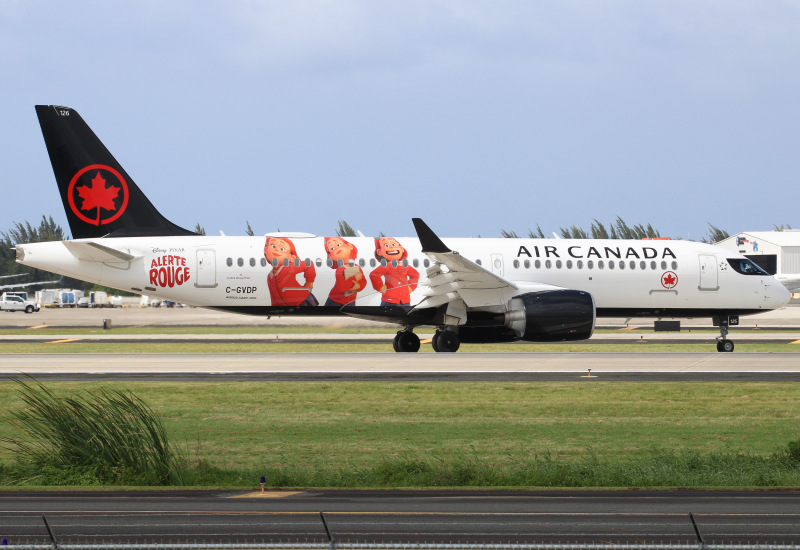
#1 Do not log into accounts with sensitive data
Avoid accessing any accounts with sensitive information while connecting to a public network. Hackers targeting these networks can potentially intercept your details.
#2 Specify in the settings that the network is public
To ensure the utmost safety, passengers should choose the Public setting within their computer settings. This option deactivates various features that may expose vulnerabilities, such as file sharing, and can even conceal your computer from other devices.
#3 Use a VPN
This way is the simplest and most effective method of protection. With a VPN, you can safely use any public Wi-Fi network. The point is that you can change the location on your iPhone by using an additional server. However, all self-respecting VPN services additionally offer data encryption. That is, you can change your iPhone's location and encrypt your traffic. Do you need instructions on how to change location via VPN? You can find more details at the link above. In short, you need a good VPN, log into an account (optional), and connect to a remote server. In this case, you will not be afraid of hackers.
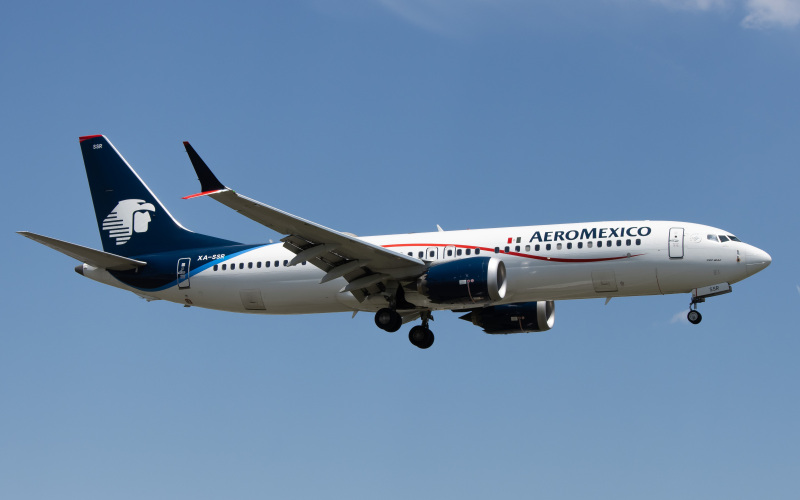
#4 Pay attention to the type of connection to the website
Ensure the website or payment gateway has an HTTPS URL before sharing sensitive information like bank details or personal data. The 's' indicates a secure protocol and encrypts your data. Additionally, please exercise caution when providing excessive personal information on inflight Wi-Fi, as it may be an attempt to steal your data.
#5 Learn to recognize fake Wi-Fi networks
Sometimes, hackers create Wi-Fi networks that trick people into connecting, enabling them to steal personal information genuinely. Be aware of this trick; it is a quick way to lose important documents and sensitive information. Pay attention to the details: the network's name, whether anything strange happens after connecting, and whether there is any mention of a Wi-Fi network on board the plane. It's better just to use a VPN online, and this will protect you from hackers. Even if they receive your data, it will be encrypted, and it is almost impossible to decrypt it using password guessing.
#6 Disable automatic connections
If you frequently use public Wi-Fi, your phone may automatically connect to any open network, regardless of your intention. To ensure your safety, consider turning off the automatic connection feature on your device.
#7 Opt out of in-flight updates
Ensure to verify with the airline if the network requires a software update for connection. Beware, hackers frequently employ this tactic to install malware on your computer. Please don't get caught in their trap. You're smarter than that.

Conclusion
The best practice for all activities on the Internet is a zero-trust policy for websites, access points, emails, etc. It would help if you did not trust anyone or anything by default. This decision creates security precedents. Try to analyze information and protect yourself using auxiliary tools, like VPN. Today, this is the most adequate security strategy.
Comments (0)
Add Your Comment
SHARE
TAGS
INFORMATIONAL VPN Sponsored VPN Inflight Safety CybersecurityRECENTLY PUBLISHED
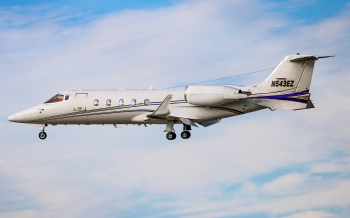 Learjet Owned By Vince Neil Crashes Into Gulfstream Jet, 1 Fatality Confirmed
On February 10th, around 14:30 local time, a Learjet private jet aircraft crashed into another private jet after landing at Scottsdale Airport (SCF) in Arizona.
NEWS
READ MORE »
Learjet Owned By Vince Neil Crashes Into Gulfstream Jet, 1 Fatality Confirmed
On February 10th, around 14:30 local time, a Learjet private jet aircraft crashed into another private jet after landing at Scottsdale Airport (SCF) in Arizona.
NEWS
READ MORE »
 Seattle Plane Strike 2025: Japan Airlines and Delta Collision Raises Safety Concerns
Seattle-Tacoma International Airport saw a concerning incident on Wednesday morning when a Japan Airlines (JAL) plane clipped a parked Delta Air Lines jet while taxiing. Thankfully, no one was injured, but passengers described the collision as a frightening experience.
NEWS
READ MORE »
Seattle Plane Strike 2025: Japan Airlines and Delta Collision Raises Safety Concerns
Seattle-Tacoma International Airport saw a concerning incident on Wednesday morning when a Japan Airlines (JAL) plane clipped a parked Delta Air Lines jet while taxiing. Thankfully, no one was injured, but passengers described the collision as a frightening experience.
NEWS
READ MORE »
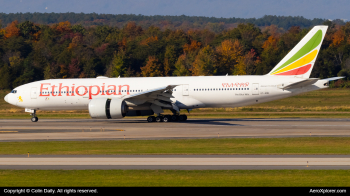 Ethiopian Airlines Expands Cargo Fleet with New Boeing 777 Freighter
Ethiopian Airlines has expanded its cargo fleet with a brand-new Boeing 777 Freighter, registered as ET-BAB (MSN 68140). The aircraft was delivered directly from Boeing’s factory in Everett, Washington, USA, and landed at Addis Ababa Bole International Airport at 3:41 PM (GMT+3) on Wednesday, January 22, 2025.
NEWS
READ MORE »
Ethiopian Airlines Expands Cargo Fleet with New Boeing 777 Freighter
Ethiopian Airlines has expanded its cargo fleet with a brand-new Boeing 777 Freighter, registered as ET-BAB (MSN 68140). The aircraft was delivered directly from Boeing’s factory in Everett, Washington, USA, and landed at Addis Ababa Bole International Airport at 3:41 PM (GMT+3) on Wednesday, January 22, 2025.
NEWS
READ MORE »



